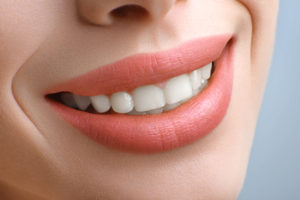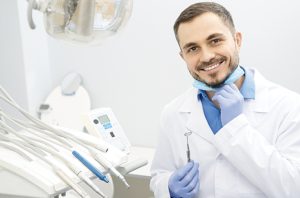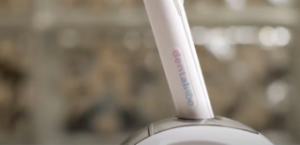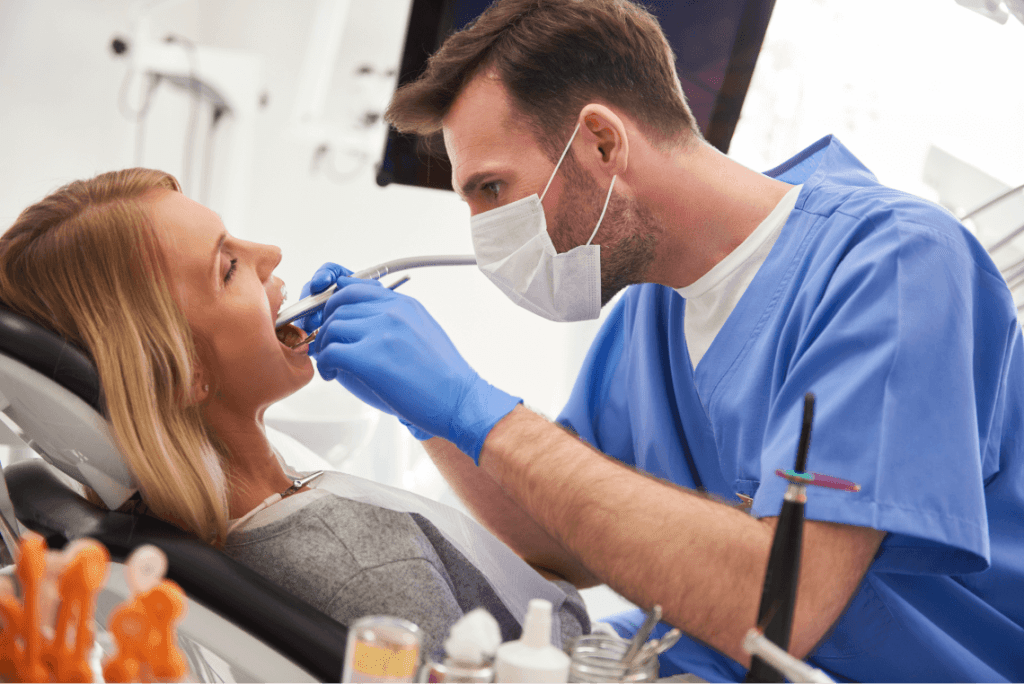Is smoking really that bad for oral health? Yes. If you are smoking, oral health should be one of your top health concerns. Smokers not only have an increased risk for oral and lung cancer but, according to the U.S. Centers for Disease Control, smokers are at twice the risk for severe gum disease (gingivitis) compared to nonsmokers.
Smokers with gum disease also do not respond as well to treatment as nonsmokers, and gum disease that is resistant to treatment may lead to severe tooth decay and tooth loss.
Can dentists tell if you smoke?
Dentists can tell if you smoke just by scanning the condition of your teeth and gums. If you smoke, you likely have one or more of the following oral health problems:
- Bad breath that does not respond to mouthwash
- Discolored teeth
- Excessive tartar and plaque build-up on teeth
- Potential loss of density within the bone that supports the teeth
- Tooth loss caused by gingivitis and receding gums
- Sensitive teeth
- Reduced success rates regarding dental implants
- Risk of suffering some form of oral cancer
Some smokers have inflammation of the salivary glands, which promotes chronic dry mouth. White spots called leukoplakia can emerge on gum tissue of smokers that may or may not be precancerous.
Even for smokers who practice good oral hygiene every day, it isn’t difficult for a dentist to spot a “smoker’s mouth.” And here’s why.
Why is smoking so harmful to teeth and gums?
In addition to cancer and serious respiratory illnesses, smoking also promotes dry, acidic conditions in the mouth, which can lead to tooth decay, gum disease, and periodontitis.
Oral bacteria are a special type of bacteria called anaerobes that thrive in dark, dry, airless environments like a smoker’s mouth. Smoking not only dehydrates oral tissues, but also reduces saliva flow. Saliva is rich in antibacterial properties and oxygen molecules that help fight against tooth decay and gum disease.
Nicotine in cigarette smoke is also harmful to oral health. In studies, nicotine has been found to poison oral tissue cells, inhibit new cell production, and interfere with the ability of oral tissues to heal infections. Additionally, smokers have a significantly increased risk of developing periodontitis compared to nonsmokers of any age.
What should smokers know about periodontitis?
Periodontitis is a severe oral disease resulting in tooth decay, tooth loss, advanced gingivitis and possible jawbone damage. Periodontitis cannot be reversed with just brushing or flossing. Caused by thick plaque and tartar buildup on teeth, periodontitis is characterized by the following symptoms:
- Purplish or red gums that swell and bleed, especially after brushing
- Spaces appearing between teeth
- Receding gum line
- Pus between gums and teeth
- Severe bad breath
- Taste distortions (metallic taste or reduced ability to taste)
- Loose teeth
- Dark, yellow stains on the tops of the teeth that cannot be removed at home
Fortunately, periodontitis can be treated with dental procedures such as scaling and root planing, laser gum surgery, and pocket reduction surgery.
Do gums heal after quitting smoking?
Anytime is a great time to stop smoking when it comes to your oral and general health. However, the damage done to teeth and gums by cigarette smoke may not be reversible without dental treatment. If you have smoked for more than several years, chances are your gums won’t heal on their own after you stop smoking.
What happens to your mouth when you quit smoking?
In most cases, smokers may notice their mouth is not as dry after they quit smoking. But it’s unlikely that anything else will happen to your mouth, since damage to teeth and gums has already set in.
If you quit smoking and haven’t visited a dentist for over a year, schedule an appointment with a certified, pain-free dentist today for a complete examination and cleaning. Addressing tooth decay and gum disease as early as possible is vital to stopping the progression of cavities, gum disease, and tooth loss.
Can teeth recover from smoking?
Teeth can recover from smoking, as long as you visit a dentist every six months for a professional cleaning and exam. Depending on the condition of your teeth, your dentist may recommend additional treatment, such as dental crowns to protect weakened teeth, bonding to fill in cracks or chips, or periodontal treatment.
Do teeth get whiter when you quit smoking?
When smoking discolors teeth, getting them white again will likely require professional treatment involving light-accelerating whitening technology. Dentists also typically offer bleaching trays that patients can take home and use to whiten their teeth.
Although over-the-counter teeth whitening products can remove some dental enamel stains, they are less effective or not effective at all on other stains. For example, stains caused by aging, tetracycline use, and smoking may not respond to ingredients in over-the-counter whitening strips or gels.
How do smokers keep their gums healthy?
Healthy gums begin with healthy teeth. In other words, brushing at least twice a day, flossing, and rinsing with a therapeutic mouthwash may help smokers keep their gums healthy. Keeping the mouth as hydrated as possible, eating healthy foods, chewing on gum with xylitol, and visiting a dentist every six months for a check-up and cleaning can also reduce the risk of tooth decay and gum disease in smokers.
What are the signs of oral cancer in smokers?
The CDC reports that at least 40 percent of all types of cancers reported in the U.S. may be linked to tobacco use. When it comes to oral health concerns, oral cancer should not be underestimated as something that happens only to heavy smokers.
Signs of oral cancer
Early-stage oral cancer is often asymptotic, with symptoms appearing later as the cancer intensifies and spreads. Possible signs of oral cancer include:
- Ulcers inside the mouth or on the lips that do not heal
- White or dark red patches inside the mouth
- Lumps inside or around the mouth (a lump could appear on the neck)
- Bleeding, numbness, and soreness in the mouth
- Chronic halitosis (bad breath)
- Loose teeth in the absence of tooth decay
Always see a dentist immediately if you smoke and notice any one of these symptoms. Oral cancer is treatable when caught in its earliest stages.
Visit our directory to find a certified, pain-free dentist today. Our dentists specialize in providing pain-free, anxiety-free dental treatments for adults and children needing functional or cosmetic dental procedures.
















